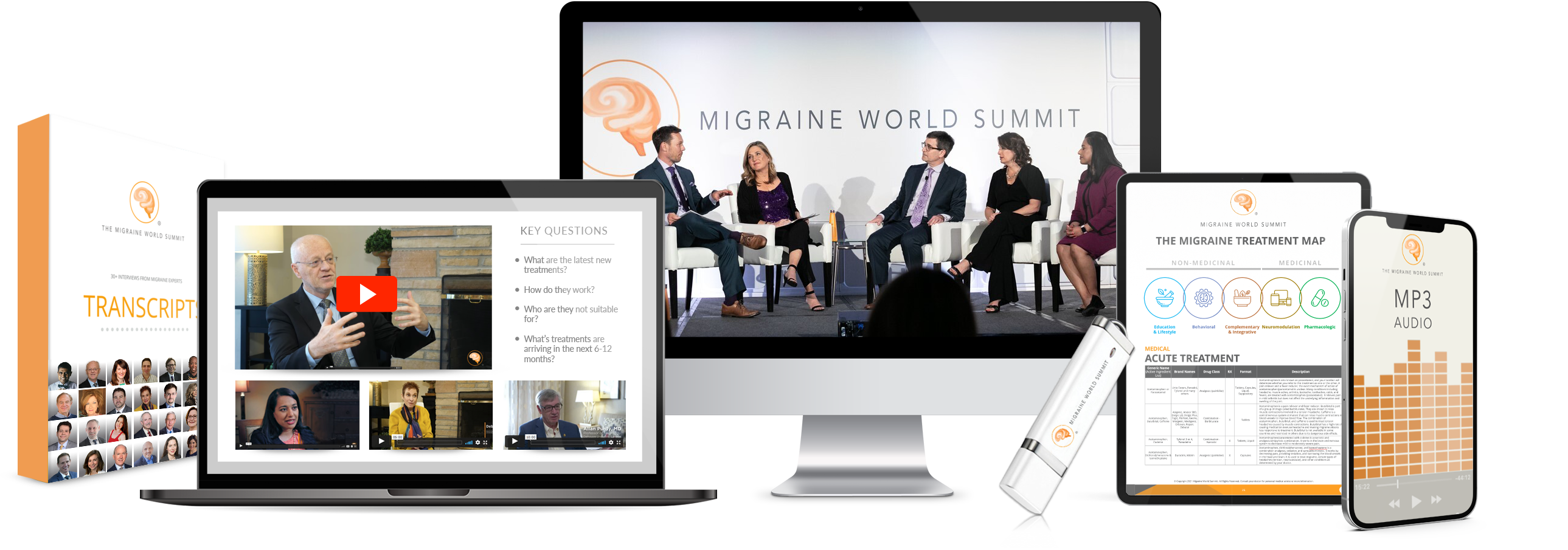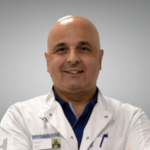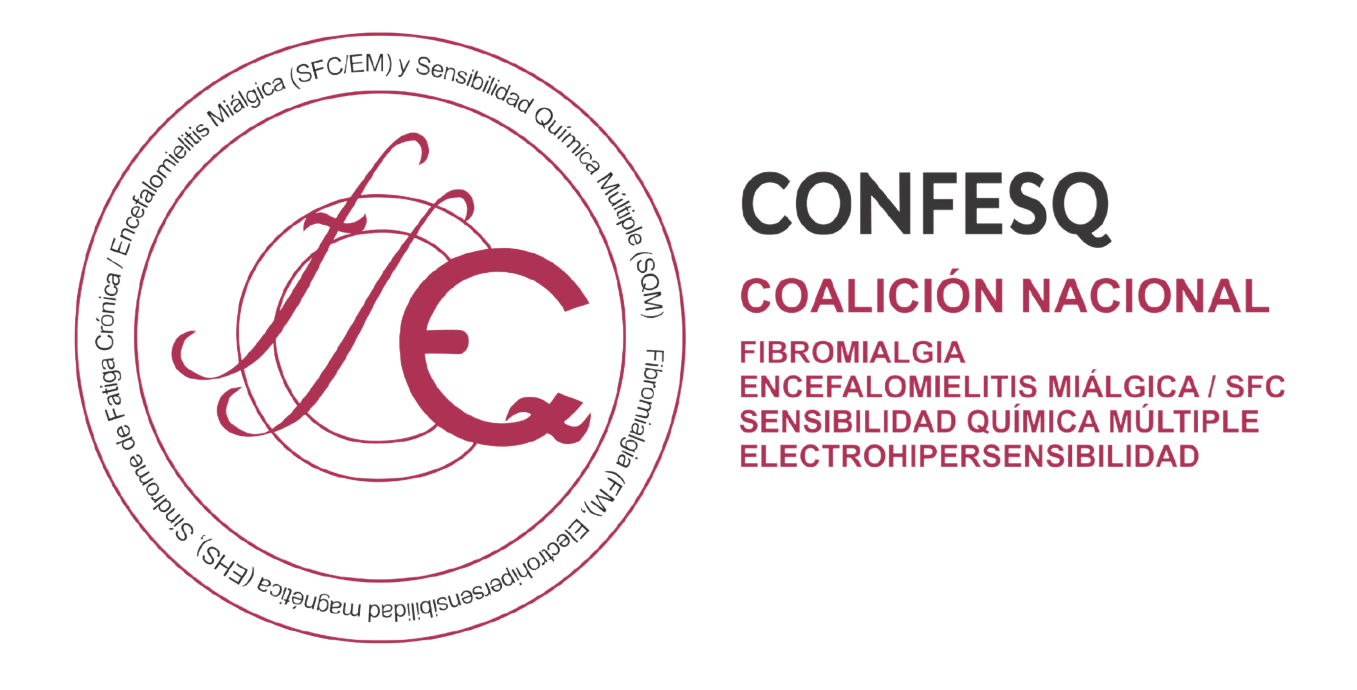Tension Headache or Migraine? Differences and Misdiagnoses
You are currently watching a preview of this interview. Unlock the full version by upgrading to an Access Pass bundle! Get FREE access to 8 expert interviews from Day 1 and Day 2 when you register today!
Key Questions
- ¿Qué es la cefalea tensional y cuál es su prevalencia?
- ¿Qué es una cefalea primaria versus una cefalea secundaria?
- ¿Cuáles son algunos síntomas que diferencian una migraña de una cefalea tensional?
- ¿Qué es la cefalea tensional crónica?
- ¿Cuándo deberíamos preocuparnos por la cefalea tensional?
- ¿Cómo puede empezar una migraña episódica a parecerse a una cefalea tensional con el tiempo?
- ¿Pueden coexistir la migraña y la cefalea tensional en un paciente?
- ¿Cuáles son algunos factores de riesgo y comorbilidades de la cefalea tensional?
- ¿Cuáles son los tratamientos médicos para la cefalea tensional?
- ¿Qué es la terapia craneosacral?
Interview Notes
- Rebecca Burch, MD
- American Migraine Foundation
- International Headache Society: tension-type headache
- Study: “MOTS trial: Comparing ways to manage symptoms for patients who have chronic migraine and frequent medication use”
- Study: “Chronic daily headache prophylaxis with tizanidine: A double-blind, placebo-controlled, multicenter outcome study”
Treatments Mentioned
- Acetaminophen (Tylenol)
- Acupuncture
- Analgesics
- Biofeedback
- Cognitive behavioral therapy
- Craniosacral therapy
- Epsom salt bath
- Essential oils
- Exercise
- Heat
- Ice
- Lifestyle management
- Massage
- Mindfulness-based stress reduction
- Mirtazapine
- NSAIDs (ibuprofen, naproxen, aspirin)
- Occupational therapy
- Physical therapy
- Self-massage
- Sleep
- Tizanidine
- Tricyclic antidepressant (amitriptyline)
- Venlafaxine (Effexor)
Please note: The Migraine World Summit’s aim is to bring you a variety of perspectives and expertise, independent of bias or judgment. Alternative theories presented in this video have not been medically reviewed. Views expressed in this interview do not necessarily represent the views of the Migraine World Summit. Please always consult your health care professional and do your own research before making changes to your treatment plan.
This is a Spanish translation of an expert interview from the Migraine World Summit 2024. All interviews have been carefully translated and medically reviewed.

Rebecca C. Burch, MD, FAHS
Assistant Professor of Neurology
University of Vermont Larner College of Medicine
Dr. Burch is a fellowship-trained, board-certified headache medicine specialist at the University of Vermont Medical Center, where she also serves as fellowship director. Dr. Burch received her M.D. from the University of Massachusetts Medical School and completed her neurology residency at Boston Medical Center. Having a family history of headache, she was drawn to headache medicine for its psychosocial component and the opportunity it presents to develop longitudinal relationships with patients. She completed a fellowship in headache medicine at Harvard Medical School/Brigham and Women’s Faulkner Hospital prior to joining the faculty and later serving as fellowship director.
She has served on the board of directors of the American Headache Society and the Headache Cooperative of New England, where she also served as educational co-director. Dr. Burch also serves as an associate editor for the journal Neurology, overseeing general neurology papers including those on headache, pain, and traumatic brain injury. Her research interests include headache epidemiology, preventive treatment of migraine, and women’s health.
Interviews from Rebecca C. Burch, MD, FAHS
Tension Headache or Migraine? Differences and Misdiagnoses
Juggling Multiple Conditions With Migraine

Purchase full access to the entire 2024 Summit. Includes:
- All expert interviews with separate audio (MP3) files & transcripts
- Lifetime on-demand access with no annual fee to 2024 Summit
- Interview Summaries
- Treatment Guidelines
- And much more!
Related Talks for: Day 6 (2024)
Beyond 50: Insights Into Migraine That Ages With Us
Messoud Ashina, MD, PhD, DMSc
How Migraine & Chronic Fatigue Syndrome (ME/CFS) Are Connected
James Baraniuk, MD
How To Manage Migraine Stigma at Work
Olivia Begasse de Dhaem, MD, FAHS
Somos la Coalición Nacional de Fibromialgia (FM), Síndrome de Fatiga Crónica/Encefalomielitis Miálgica (SFC/EM), Sensibilidad Química Múltiple (SQM) y Electrohipersensibilidad (EHS), una entidad sin ánimo de lucro, constituida desde el año 2004. Representamos a más de 11.000 pacientes a través de más de 60 asociaciones de diferentes tipos: entidades nacionales, federaciones autonómicas y asociaciones regionales o autonómicas.
Nuestro compromiso es representar y defender los derechos e intereses globales de las personas que sufren FM, SFC/EM, SQM y EHS, así como de sus familiares. Esta representación es tanto a nivel nacional como internacional, ante la sociedad, administraciones y demás Instituciones, integrando e impulsando las acciones de las entidades a las que representa y aquellas que persiguen los mismos fines.
Migraine doesn't have to derail your career. Nearly every workplace in the country is impacted by migraine disease through absenteeism and presenteeism. Despite the prevalence of the disease, there is a lack of education and awareness around it. In the workplace, this often leads to unintended stigma and bias against employees living with migraine disease. Visit our website to learn more about programs available for both employees and employers.

You're not alone. All of us know someone who could benefit from these expert insights. Invite a friend, family member, caregiver, co-worker or health care provider to watch this year. Give the gift of health with an All Access Pass. Sharing is caring!







